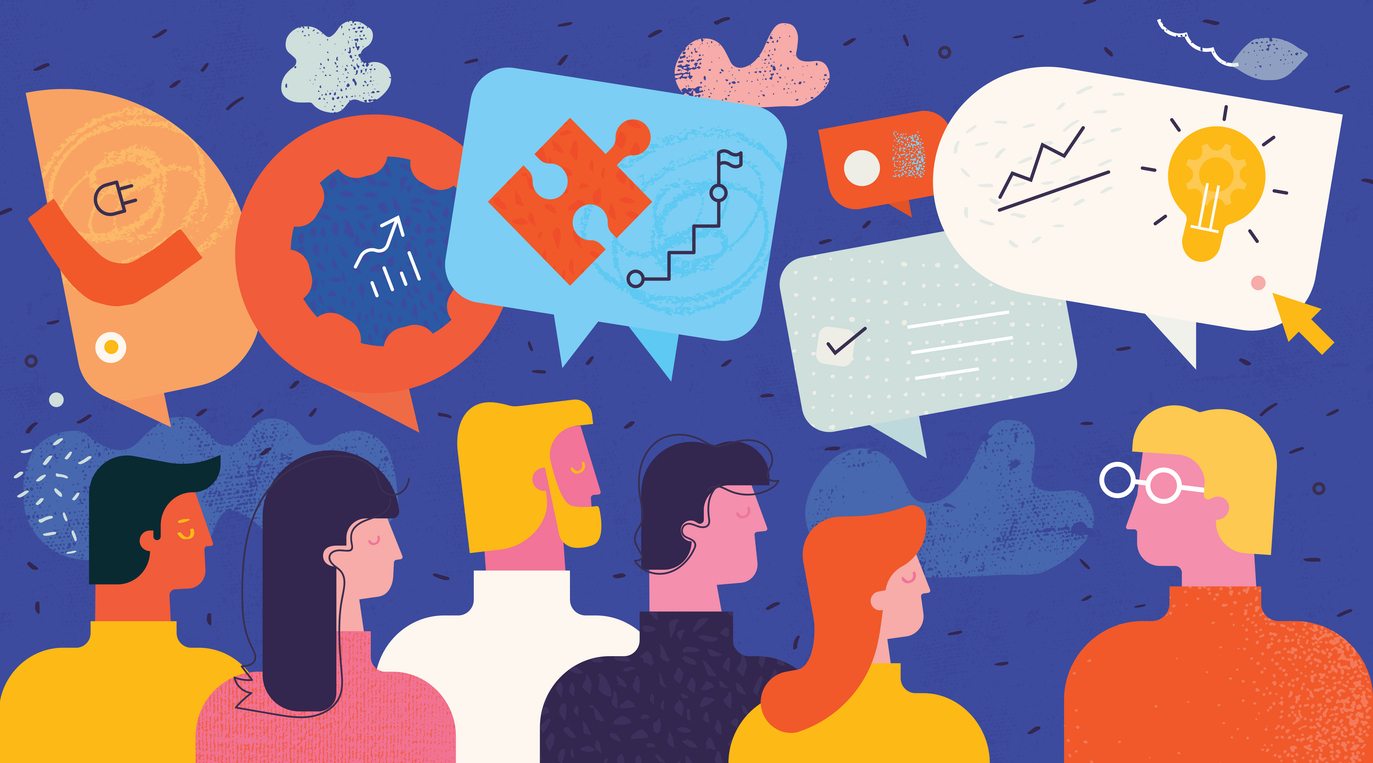Integrating AI, EI, and Executive Development for Leadership Excellence

The integration of Artificial Intelligence (AI), Emotional Intelligence (EI), and Executive Development (ED) is pivotal for modern leaders. While AI excels at data analysis, process optimization, and trend prediction, the true challenge is ensuring that AI complements rather than overshadows the human workforce. Emotional intelligence bridges this gap, enabling leaders to interpret technological insights with emotional acuity while engaging empathetically with their teams. Complementing this, executive development programs strategically enhance these capabilities, preparing leaders to navigate technologically driven transformations adeptly.
The Role of Emotional Intelligence
Emotional Intelligence is crucial in change management, mainly when introducing new AI systems that necessitate organizational shifts and can cause employee anxiety or resistance. Leaders with strong EI can detect these emotional responses early and address them effectively, fostering trust and cooperation. By clearly expressing the strategic rationale for AI adoption, they mitigate concerns and build confidence, smoothing the transition and preserving productivity.
Cultivating Emotional Intelligence through Executive Development
Building emotional Intelligence requires conscious effort and dedication to improving self-awareness, empathy, and social skills. Executive development programs can emphasize these aspects by incorporating reflective exercises like mindfulness and soliciting continuous feedback. Through empathic leadership workshops, leaders can learn to view situations from diverse perspectives, promoting inclusive and innovative decision-making processes that harness the full potential of their teams. This empathetic leadership approach cultivates a supportive work culture that encourages team members to share creative ideas, driving innovation.
Leveraging AI with Emotional Intelligence
When combined effectively, AI and EI generate powerful synergies that drive growth and competitiveness. AI aids leaders in making precise, data-driven decisions; however, uniquely human skills—such as intuition and ethical decision-making—guide these strategic choices. Executive development programs should integrate AI literacy to ensure leaders are proficient in utilizing AI tools while focusing on interpersonal relationships.
Enhancing Executive Development with AI and EI
To prepare leaders for this dual landscape, executive development must strategically incorporate AI and EI elements. Training in emotional self-regulation and empathic communication can empower executives to engage teams constructively in data-centric environments. Moreover, familiarizing leaders with AI functionalities equips them to optimize decision-making without compromising on the qualitative aspects of leadership.
Conclusion
Understanding the interplay between AI, EI, and ED is crucial for sustainable leadership in today's rapidly evolving business environment. Integrating these elements underpins stable and enriching workplace dynamics, ensuring technology elevates rather than diminishes the human experience. By fostering emotional Intelligence alongside technical aptitude through targeted executive development, leaders can inspire and unite their teams, creating cultures that thrive on innovation and resilience. Balancing AI insights with human-centered leadership enables organizations to lead with empathy in an ever-digitizing world, maintaining the intrinsic value of human engagement.
To explore how these principles can revolutionize your leadership approach, please connect with me.







